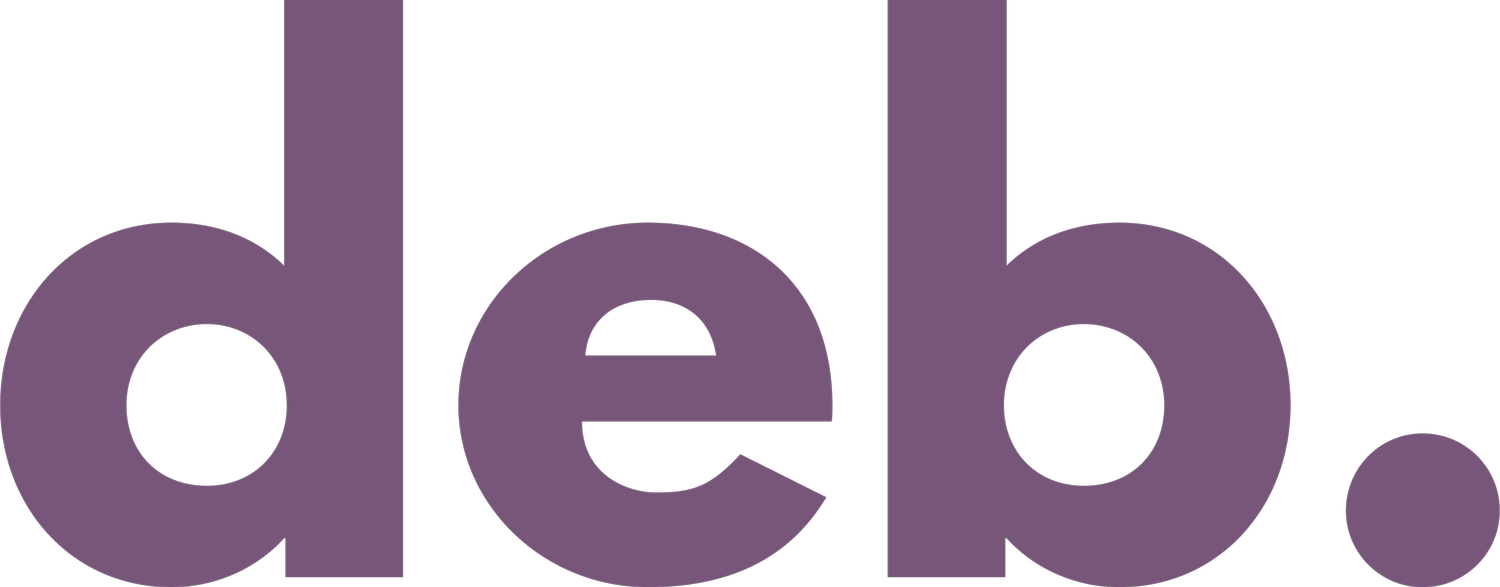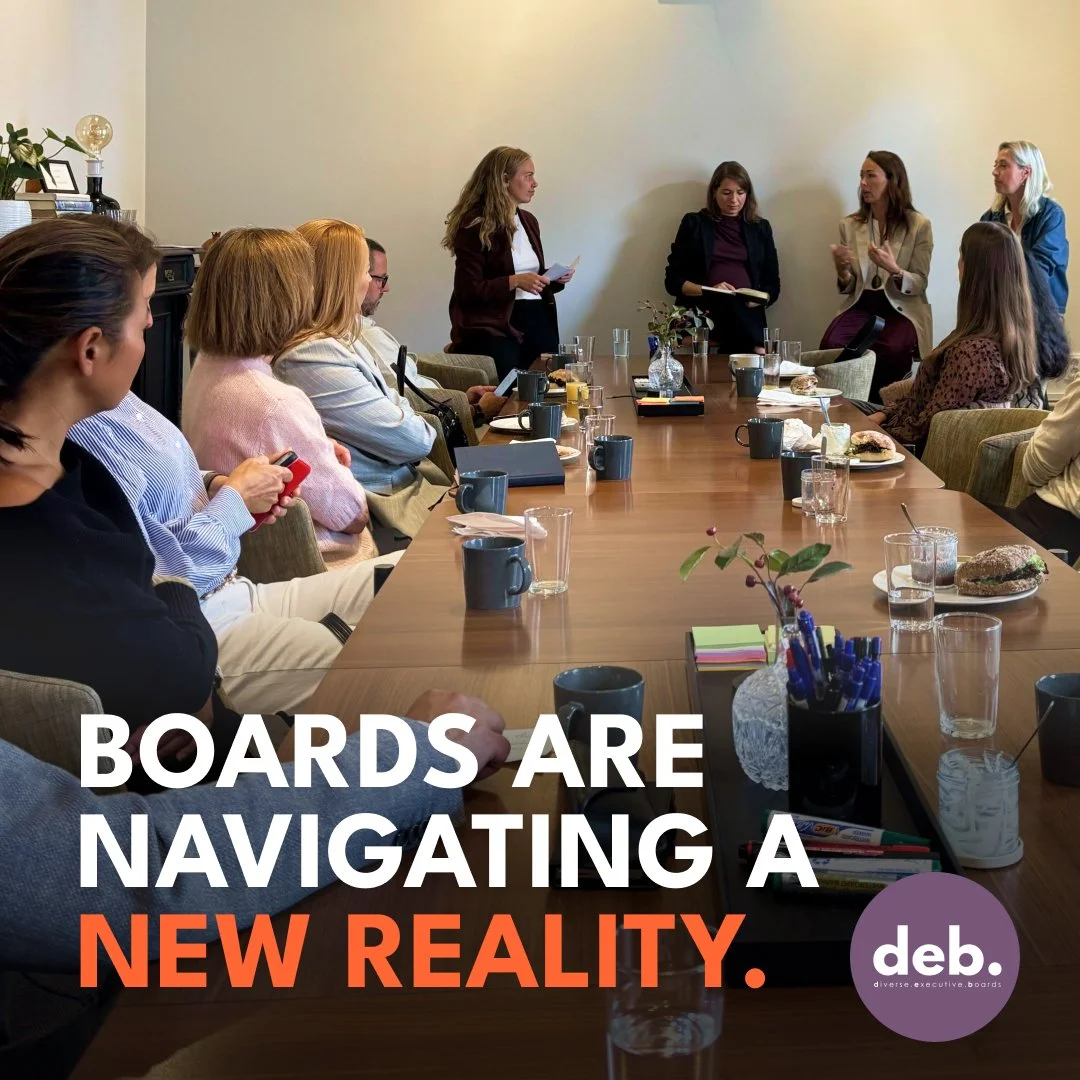Blogpost: Risk, regulation & relevance, is this the new normal for boards?
The playing field for boards is shifting faster than ever. Sustainability, technology, geopolitics, and trade policy are reshaping business realities at a pace that often outstrips companies’ and boards’ ability to adapt. For boards, this means navigating a world where certainty is scarce and resilience has become the ultimate competitive edge.
Against this backdrop, deb., Consilio International, and Ethos gathered board members, experts, and leaders to explore how boards can navigate this new normal, where complex risks, growing regulation, and the demand for relevance converge.
Leaning on compliance alone is no longer enough. While the CFO may compile reports, responsibility ultimately rests with the entire board. And it is not about ticking boxes, it is about understanding context, asking the right questions, and integrating risk management directly into strategy. Risk can no longer be reduced to a color in a heat map; it must become a way of building resilience.
Boards today must also navigate a regulatory landscape that is evolving at high speed. The EU’s AI Act is a prime example: it introduces a risk-based framework that categorizes AI systems into unacceptable, high, limited, minimal, and general-purpose risk levels. For boards, the question isn’t whether regulation will matter, it is how prepared they are to meet it.
At the same time, the geopolitical landscape is more volatile than it has been in decades. There have not been this many armed conflicts in the world since 1946. Conflicts, sanctions, and shifting alliances are reshaping global trade and supply chains at a rapid pace. For boards, this means operating in a world where laws are not always enforced, agreements may suddenly change, and once-stable markets can become unpredictable overnight. The strategic question is clear: how resilient are our value chains, and what scenarios must we prepare for that could disrupt our business tomorrow?
Discussions also emphasized the need for both depth and breadth in board composition. Boards require knowledge in AI, the energy transition, and international affairs, combined with the experience of members who have navigated past crises. Lack of diversification is becoming a risk in itself, and international competence remains difficult to attract in Sweden where board work is comparatively underpaid. A board cannot have an in-house expert on every issue, but it must find ways to secure the competence needed to make sound decisions. If critical expertise is missing, the solution is not to make assumptions but to invite in the knowledge required.
Sustainability has evolved from a reporting checkbox to a core driver of business value. Boards must embed sustainability into strategy, ensuring that frameworks such as climate-related regulations and energy-transition mandates are translated into specific, actionable business impacts.
If there is one conclusion, it is this: risk is only half the picture. The other half is opportunity. Threats accelerate change, but boards that use risk as a strategic tool, not a barrier, will be the ones that stay ahead. Those willing to be both forward-leaning and grounded, curious, informed, and ready to bring in the right expertise, are the ones that can make a real difference.
And in this new normal, where regulation, risk, and relevance are three sides of the same coin, it is precisely that ability which distinguishes the boards that react from those that shape the future.

